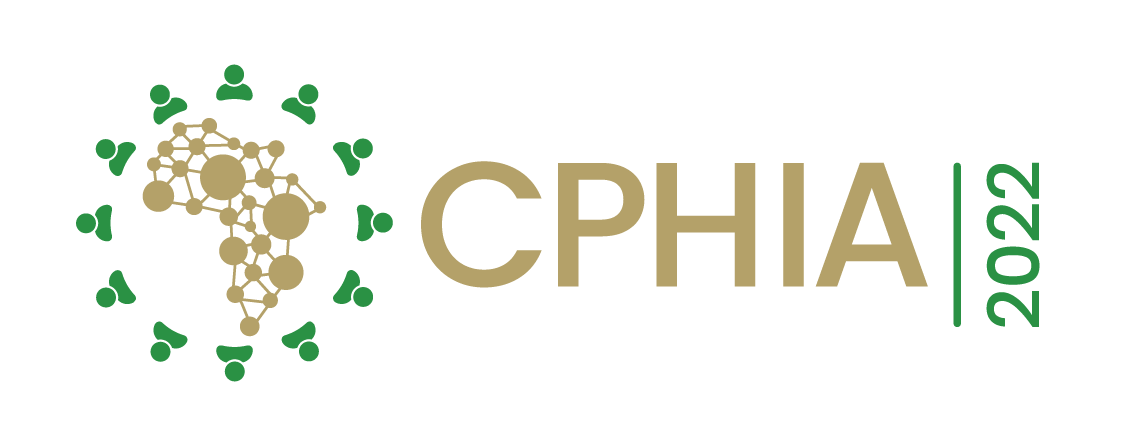
The assistant director-general, health emergency intelligence and surveillance systems, WHO, Dr. Chikwe Ihekweazu has cited building trust and collaborative relationships as the first steps to preventing disease outbreaks.
Ihekweazu made this assertion at the second International Conference on Public Health in Africa (CPHIA 2022) in Kigali, Rwanda, in a plenary session themed “The COVID-19 pandemic – Lessons Learned for Future Health Threats, Prevention, Prep and Response”.
Science Nigeria reports that the CPHIA 2022 aims to significantly advance efforts to strengthen research, innovation and emergency management in Africa.
He advised the continent not to wait for the next pandemic to build collaborative systems.
Meanwhile, on building trust in national public health institutes, he said that it was about negotiating access to people, infrastructure and resources.
“During my time as the director-general of the Nigeria Centre for Disease Control and Prevention (NCDC), I was required to build trust with various stakeholders.
“Nigeria is not collaborating sufficiently with our four neighbours – Chad, Cameron, Niger and Benin. To build trust, we need to look at ourselves first and ask where the opportunities to collaborate are, [so that we can] achieve our objectives,” he explained.
Ihekweazu said that every country needs to decide on its accountability framework for emergency preparedness and response.
He stressed the need to build a collaboration mechanism that does not solely depend on legal instruments, but draws from and is responded to by all key players and is responsive to the urgency that epidemics come with.
The director, African Centre of Excellence for Genomics of Infectious Diseases (ACEGID), Prof. Christian Happi narrated his experience during the COVID-19 pandemic. “We saw an Africa that can be resilient and a continent that can come together to be a key player, not only in the generation of knowledge but in using genomics for surveillance and research and development,” he said.
Happi, who is also a professor of molecular biology and genomics at Redeemer’s University Ede, Nigeria, said that the global health inequity was very strong and the continent stands to lose if it does not change its mindset of over-dependence on tools to respond and prepare for a future pandemic.
He said that research and development should not be seen as a luxury.
“It must be invested in if we must respond effectively to a pandemic and adequately prepare for a future outbreak,” he advised.
Similarly, the acting director, Africa Centre for Disease Control and Prevention, Dr. Ahmed Ouma said that the sheer value of a national institution that was vested in the responsibility for the country’s health security was invaluable.
Ouma said that countries that had national public health institutions did much better than countries that did not.
“If we must respond quickly during a pandemic, we must own the tools to end the pandemic.
“We struggled in many ways during the COVID-19 pandemic. One of those was our inability to use data to make decisions rapidly.
“The second area was in the development and deployment of vaccines. We have also not included thinking around how we deliver our clinical health services,” he explained.

